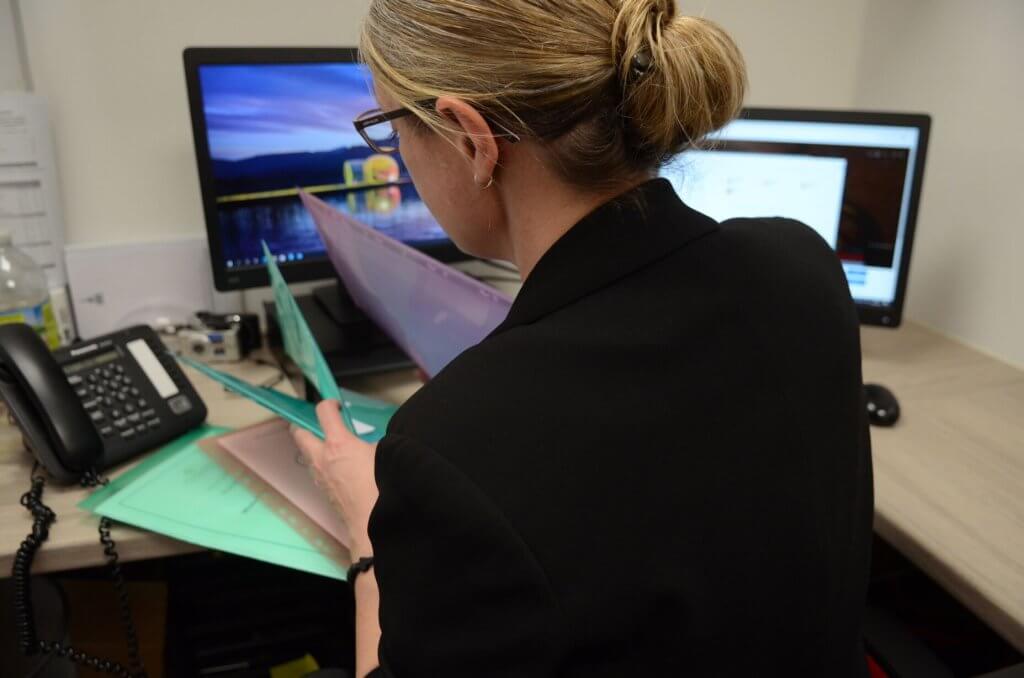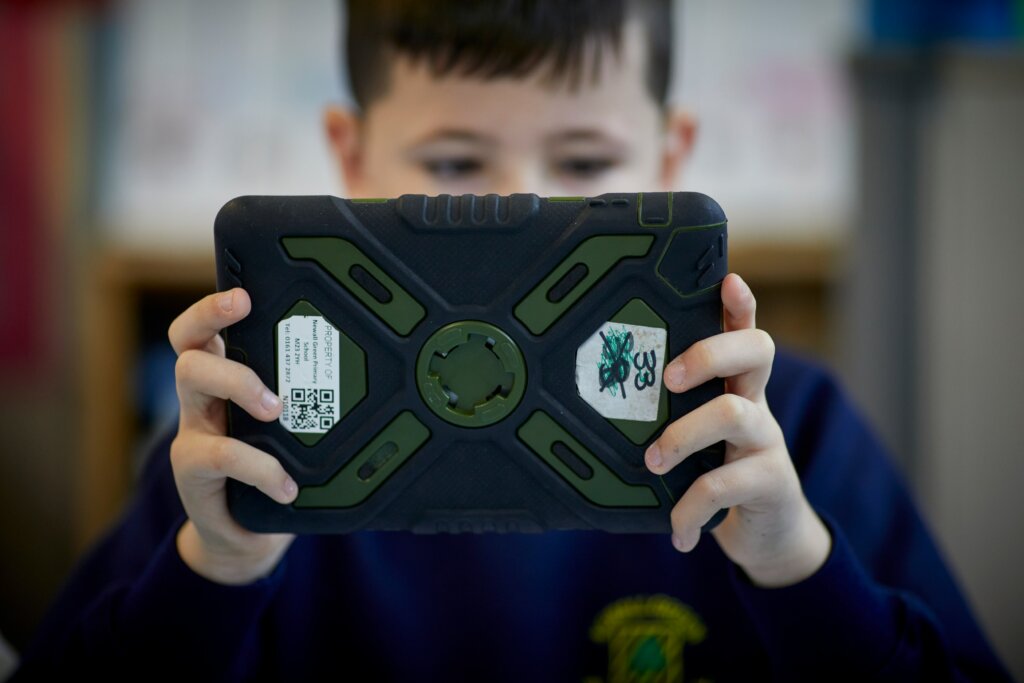Online safety is a constant discussion point when working with children and young people. However, a lot of the focus seems to be around social media, rather than gaming. The NSPCC tells us that 89% of children in the UK play video games. Gaming can be a sociable, fun, engaging and enjoyable activity for children, and is often something families do together. It is a constantly growing market, with something for everyone out there. Gaming is an activity which more and more people are getting involved with and for many, this often begins at a younger age than previously expected. There are also many statistics which evidence the positive impact that gaming has on children with Special Educational Needs and Disabilities. Often gaming environments can be a great way for children to socialise and immerse themselves in a “virtual world” which for them is predictable, with limited impact from external factors. However, we also know that for some children and young people gaming is becoming, or has become, a problem.
Most parents and carers have some awareness of how to mitigate some of the dangers whilst children are gaming, such as teaching children from an early age about how use the ‘block and report’ functions in all games. We need to have conversations with children about trolling, scams and playing with people they don’t know. Parents and carers also need to be aware that games with a lower age rating, because the content is suitable for a younger audience, may still allow contact from people they do not know or are perhaps seeking social interactions with younger children on purpose. Parents and carers should be supported to check settings within games and ensure that have disabled these functions until they feel confident their child has the skills to use them appropriately. Sometimes it can be helpful to have the conversation with parents about safety in the digital world in comparison with the ‘real world’ as most parents of a 5-year-old would agree their child does not have the necessary skills to be out alone, so allowing them unrestricted access to the online world could be compared with this.
A report by the Children’s commissioner tells us that “younger children reported playing games for an average of two to three hours a day, whereas older children are playing for three or more hours. When asked, some children reported feeling addicted to gaming and do not feel in control of the amount of time they spend playing games.”
Gaming addiction is not something which parents and carers always consider as a potential harm. Typically, when we think of addiction we think of drugs and alcohol, due the impact on a person’s physical health and wellbeing, as well as the financial implications. Although these continue to be issues our children and young people face, we need to consider a wider range of addictions. How can we ensure we educate our children, young people and their parents and carers about things such as gaming addictions including the gambling element? We are lucky here at One Education to be able to welcome Whysup to our safeguarding conference ‘Reducing Harm Through Education’ in November 2024. Our delegates will be able to participate in an interactive workshop, delivered by WHYSUP on addiction and we will consider how we begin to tackle this issue and raise awareness with our children and young people.
The World Health Organization added gaming disorders to the 11th revision of the International Classification of Diseases. It is described as “a pattern of gaming behaviour characterised by impaired control over gaming, increased priority given to gaming over other activities to the extent that gaming takes precedence over other interests and daily activities, and continuation or escalation of gaming despite the occurrence of negative consequences.” The impact of excessive gaming on children’s mental health is significant, as the behaviour often results in children not leaving the house, having poor sleep, hygiene and often lack of motivation to do anything else.
The NHS National centre for Gaming Disorders founder and director Professor Henrietta Bowden-Jones says “Gaming disorders can have a significant impact on children and their family to the extent it can take over and stop them from living their normal daily life. From avoiding school or work, engaging in violence, to family breakdowns, the harms to those suffering can be significant… We also know as with other addictive and mental health disorders, the earlier they are identified and treated the more successful the outcomes will be for both the individual and also for the wellbeing of the family members who are also impacted negatively by someone’s excessive gaming.”
We have known for a while that excessive gaming can have an impact on children’s school attendance and performance, be that through staying up too late, not doing homework, to avoiding school completely. If we talk to children and their parents about excessive gaming through the language of addiction this can be a really useful starting point to identify the problem and trying to get the right support in place.
The monetisation of children’s games causes even greater risk and can start to build early gambling habits as children spend more and more, trying to improve their game and compete with others. I have heard of many parents that have added card details to children’s games so they can buy a couple of in game add-ons and before they know it, they have racked up a bill for hundreds of pounds. If we start to educate parents, carers and children early on for the signs to look out for and practical steps they can take, we are equipping them with the skills needed to address any issues as they arise. Discussing with children early on in their gaming experience what loot boxes and in-app purchases are, and the reason gaming companies have these, gives them the knowledge they need to make informed decisions. A good tip for children who want to use these facilities is to add a card which does not allow credit and put a limit on what can be spent. We can also help children by comparing what they want to purchase to how long it would take them to earn the money they want to spend. For example, if they want to purchase a £10 ‘loot bag’, that would equate to approximately an hour and a half of working at minimum wage. Once children have more of an idea of the value of money in relation to the amount of work it takes to get that money, they may develop more of an ability to turn these down and have honest conversations with friends about this. Although some games are really clear about what you get with an in-app purchase, other games have had many people refer to these purchases as gambling, as what you get is not necessarily what you want or need to progress, encouraging more and more purchases, chasing the dream package. It is a good idea for parents and carers to research the cost of all the additional in-game purchases before choosing a game.
How we spot when problem behaviour is emerging needs to be discussed with both adults and their children. The NSPCC have a great family online safety agreement, which can be a useful tool for us to share with parents and carers. For example, when a child wants to avoid family meal times because they want to continue gaming, or gives up other hobbies such as swimming, we need to start to think then about how we keep a healthy balance of enjoying gaming and other aspects of their life.
If you would like to know more about how we can support our children with gaming addiction join us at our safeguarding conference ‘Reducing Harm Through Education’.
Please complete the form below and we will get in contact as soon as we can to help you with your query.
















